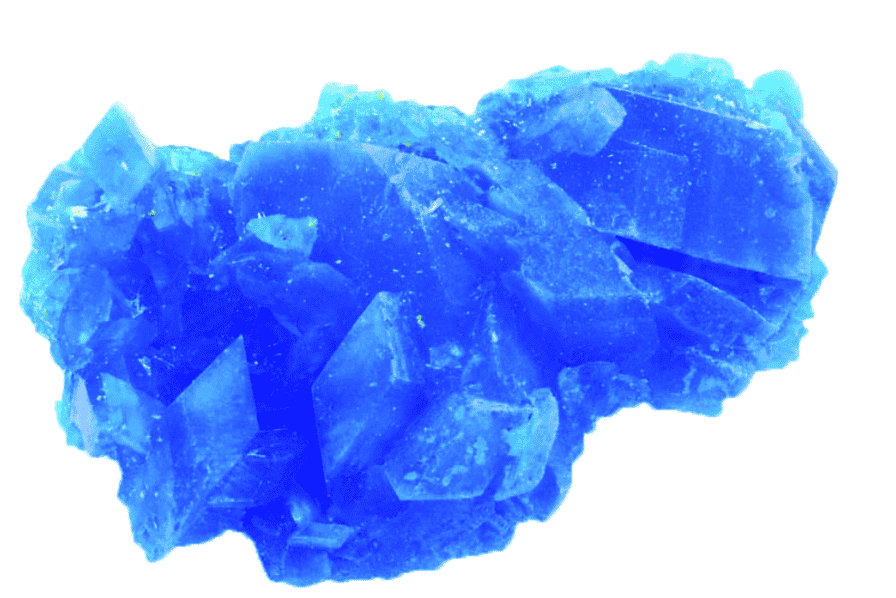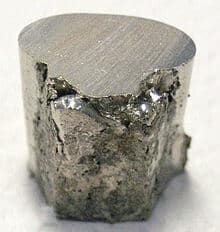Cobalt is omnipresent in modern technology. It's even said to be the new oil.
Cobalt has a long industrial history and a wide range of uses. Today, it's a metal found in everything from aircraft engines to lithium-ion batteries, including those used in electric vehicles. Currently, most cobalt is used in portable consumer electronics such as cell phones, laptops and tablets, all of which are powered by lithium-ion batteries.

Although cobalt is a by-product of the production of other metals, it is also mined, mainly in Australia and the Democratic Republic of Congo. It is well known that cobalt mining often involves unethical and dangerous working practices in places like the Congo. It is therefore sensible for consumers to examine the cobalt content of all their products when making purchasing decisions.
What does the future hold for cobalt?
While it's true that cobalt is present in the lithium-ion batteries used in many electric vehicles, there's good news: EV batteries don't need cobalt to work. In fact, other battery technologies that don't use cobalt - such as nickel-iron-aluminium or lithium-iron-phosphate cathodes - not only exist, but are being actively developed for use in new EVs. As a result, electric vehicle manufacturers are moving away from cobalt. For example, current Tesla vehicle batteries contain less than five percent cobalt, and the company announced in September 2020 that it was developing its own cobalt-free batteries. Others are dramatically reducing the amount of cobalt needed in their batteries, such as GM, which last year unveiled a new battery system that uses 70% less cobalt than current batteries.
"All definitions